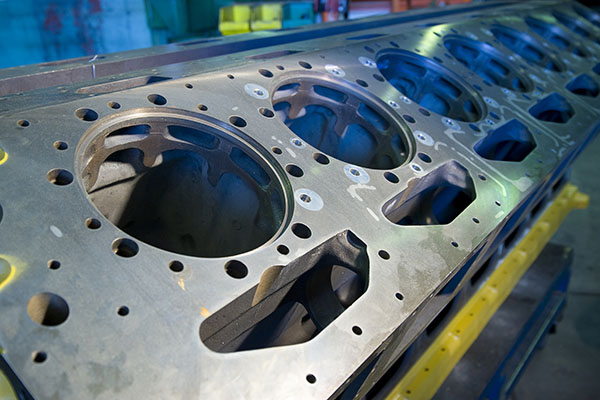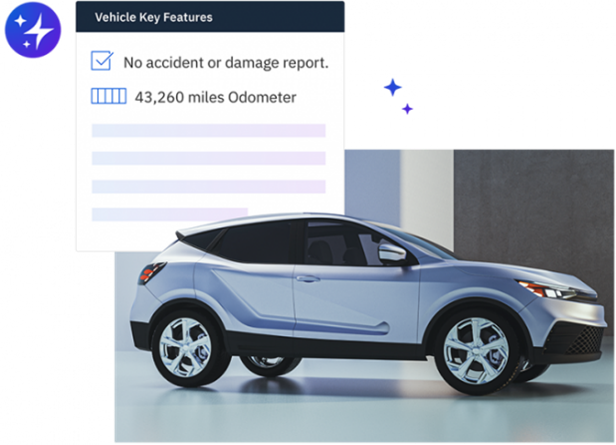Tapping into Used Vehicle Demand Starts with Recon

Article Highlights:
- Eliminate redundant back and forth with a centralized process.
- Automating your reconditioning process will maximize used car profit.
Industry experts are predicting used vehicle demand (and prices) likely won’t start coming down until spring 2022 at the earliest. The global chip shortage continues to depress new inventory, and the economic aftershocks of the pandemic will likely continue for months, if not years.
For retailers, that means there’s still a window to capture huge margins on used inventory. But, to tap into that used vehicle demand, dealers need to address a problem area most are only half-conscious of: the reconditioning process.
Automate Reconditioning to Capture More Used Vehicle Profit
It might sound too good to be true to think that a simple process fix (or series of process fixes) can increase your profits on used vehicle sales.
But, consider that when you acquire used vehicles, they can spend as long as two weeks going through the reconditioning process before they finally make it on the lot.
When demand is outpacing supply to the extent it currently is, you simply can’t afford that kind of frontline ready time.
Why the long wait? To put it simply: inefficiency. Because the typical reconditioning process is not automated and has no centralized oversight, dealers typically end up with a lot of communication breakdown, redundant back and forth, and wasted time getting a vehicle from one step in the process to the next.
Improving the reconditioning process creates an opportunity to ramp up used vehicle sales, helping you meet consumer demand and capitalize on record-breaking margins for as long as possible.
So, we’ve established you should make critical improvements to the reconditioning process, both to cut costs and increase revenue and profit opportunities.
The next question is: How? It’s not an exaggeration to say you can easily shave days off the time it takes to get a used acquisition on the lot and ultimately sold. By speeding up the reconditioning process, you improve your turnaround time and are able to increase your monthly volume, putting profit back in your pocket and meeting more consumer demand.
The secret to making it happen? Automating the process by implementing a system that can:
- Eliminate many of the manual processes in reconditioning.
- Digitally create work orders, inspections, approvals, and repair orders.
- Provide comprehensive tracking and reporting to force accountability and help you identify bottlenecks.
- Streamline communication between vendors and dealership employees so everyone is on the same page.
- Allow you to work on the go and easily update job statuses with a mobile app.
In other words, the way to fix your reconditioning process is to introduce efficiency while also gaining real-time knowledge of all the vehicles in your reconditioning process – anytime, anywhere.
For the dealers who do that and get more used inventory on the lot faster, this era of through-the-roof used vehicle value and demand could be very kind to your bottom line.
Related Articles:

The Future of Variable Ops with Experts at NADA 2025
Explore how AI is transforming variable operations in automotive retailing with insights from NADA 2025. Learn about efficiency, profitability, and fraud prevention from industry leaders.

Decision made regarding the Vehicle Shopping Rule – now what?
Check out five key takeaways from the Vehicle Shopping Rule to keep your dealership safe from FTC enforcement actions.

3 Ways AI Can Elevate Your Dealership’s Online Inventory
On average, Americans are exposed to between 4,000 and 10,000 advertisements every day. From commercials on TV to billboards on your way to work, all…

The Pizza Playbook – What Ordering Pizza Teaches Us About F&I
For as long as I can remember, my family had “pizza night” every week. Without fail, every Friday evening we’d all gather around the computer…















